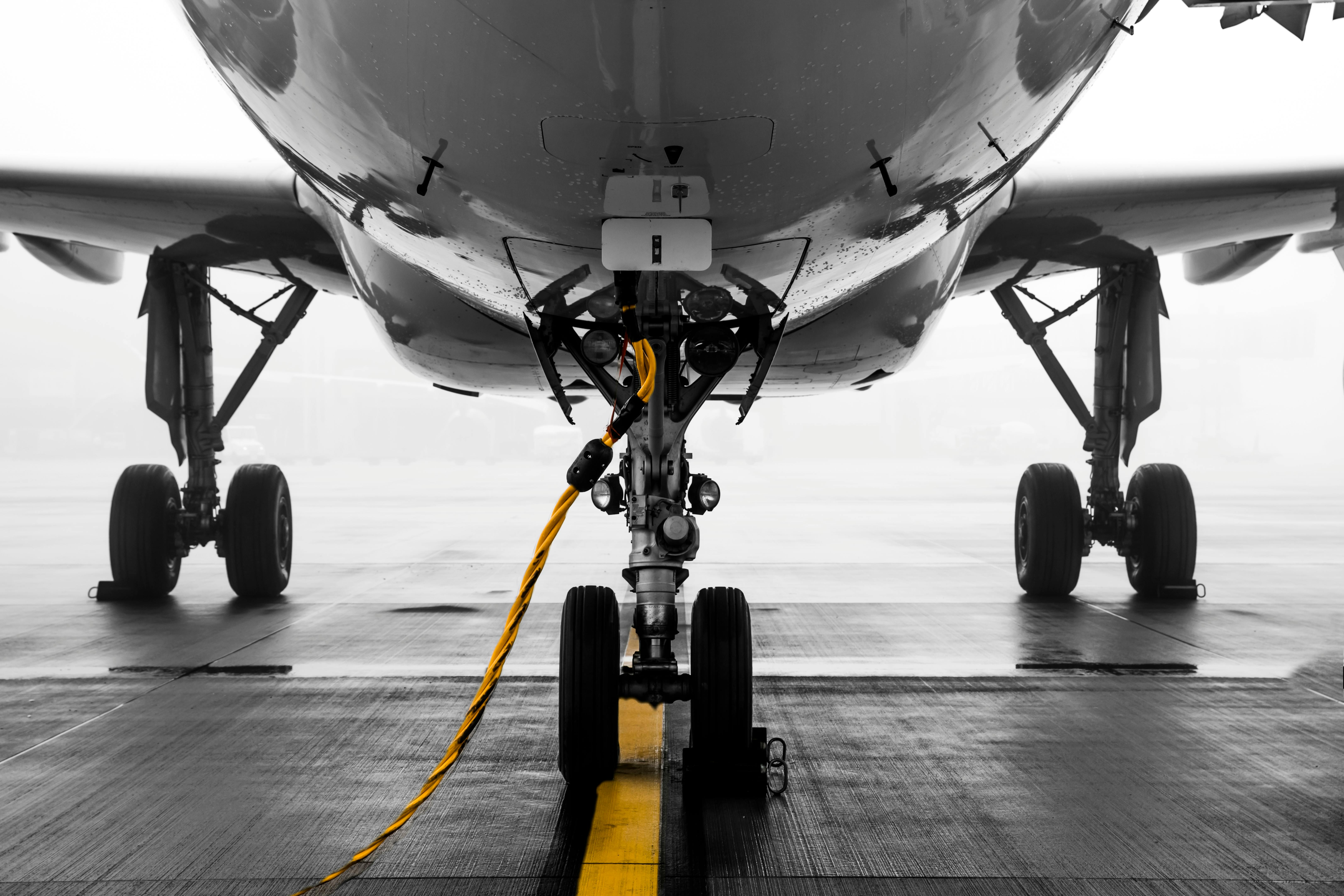Welcome to the World of Avoiding Jet Lag!
Traveling to new destinations is an exciting experience, but there’s one thing that can put a damper on your adventure – jet lag. The struggle to adjust to a new time zone can leave you feeling exhausted, disoriented, and sluggish. But fear not! In this blog post, we will share essential tips to help you master the art of avoiding jet lag.
Jet lag occurs when your internal body clock, also known as your circadian rhythm, is disrupted by rapid travel across time zones. It messes up your sleep pattern and leaves you feeling out of sync with your new environment. But with the right strategies, you can minimize its effects and make the most out of your journey.
Understanding Jet Lag: Perplexity at its Finest
Before we delve into the tips, let’s understand the complexity of jet lag. Perplexity, a measure of how complex a text is, perfectly describes the challenges faced by travelers. The sudden change in daylight exposure and the timing of meals disrupt your body’s natural rhythm, leading to confusion and exhaustion.
Burstiness: Embracing the Variations
To combat jet lag effectively, it’s essential to embrace burstiness in your routine. Burstiness refers to the variations in your daily activities and sleep patterns. While humans tend to have a mix of longer and shorter sentences in their writing, adopting a similar approach to your sleep and meal schedule can help minimize the impact of jet lag. By including shorter naps, adjusting your meal times, and incorporating moderate exercise, you can reset your internal clock and adapt to the new time zone more easily.
Predictability: Breaking the Monotony
Predictability, or the likelihood of guessing the next sentence, should be low when it comes to combating jet lag. While AI-generated sentences might be predictable, humans thrive on unpredictability. During your journey, try to break the monotony by exposing yourself to natural light, staying active, and engaging in mentally stimulating activities. This will help kickstart your body’s natural rhythm and reduce the symptoms of jet lag.
Whether you’re a frequent flyer or embarking on your first long-haul flight, mastering the art of avoiding jet lag is essential for an enjoyable travel experience. In the upcoming sections of this blog post series, we will delve deeper into specific strategies, expert tips, and tried-and-true methods to ensure you arrive at your destination feeling refreshed and ready to explore.
So, are you ready to bid farewell to jet lag woes and welcome a more exhilarating travel experience? Stay tuned as we uncover the secrets to conquering jet lag and make the most out of your global adventures.

How can you master the art of avoiding jet lag?
Jet lag can be a real hassle for travelers, but fear not! With our essential tips, you can become a pro at dodging the disorienting effects of jet lag. In this article, we will delve into the various techniques and strategies that can be employed to minimize and overcome jet lag. Whether you are a frequent flyer or embarking on a long-awaited vacation, mastering the art of avoiding jet lag is essential to make the most out of your travel experience.
When it comes to traveling across different time zones, jet lag occurs due to the disruption of your internal body clock, known as the circadian rhythm. This can lead to symptoms such as fatigue, insomnia, irritability, and difficulty concentrating. However, by implementing simple yet effective strategies, you can minimize these symptoms and adjust to your new time zone seamlessly.
In the upcoming sections of this article, we will explore a range of techniques to help you combat jet lag effectively. From adjusting your sleep pattern before your trip to staying hydrated and adopting a healthy lifestyle, we will cover all the aspects necessary for a smooth transition. Furthermore, we will discuss the role of light exposure, exercise, and relaxation techniques in synchronizing your body clock with the new time zone.
So, if you are tired of feeling groggy and off-balance after a long journey, stay tuned for our comprehensive guide on mastering the art of avoiding jet lag. Our tips and tricks will equip you with the knowledge and strategies needed to adjust swiftly to any time zone and make the most of your travel adventures. Get ready to bid adieu to jet lag and say hello to a refreshed and revitalized you!
(Note: The next sections of this article will provide detailed explanations and step-by-step instructions on each technique mentioned above. Stay tuned!)

Why Avoiding Jet Lag is Essential for Travelers
Jet lag, also known as desynchronosis, is a temporary sleep disorder that affects travelers crossing multiple time zones. It can leave you feeling fatigued, disoriented, and unproductive during your trip, hindering your ability to fully enjoy and make the most of your travel experiences. To ensure you have a seamless journey, mastering the art of avoiding jet lag is essential.
Tips for Beating Jet Lag
1. Adjust Your Sleep Schedule
One effective way to minimize the impact of jet lag is to prepare your body for the new time zone before you travel. If you’re traveling east, try going to bed and waking up earlier several days before your trip. For westward travel, gradually shift your sleep schedule to later hours.
2. Stay Hydrated
Dehydration can worsen the symptoms of jet lag, so stay well-hydrated throughout your journey. Drink plenty of water and avoid excessive intake of caffeine or alcohol, as they can further dehydrate your body.
3. Follow the Destination’s Local Time
As soon as you board the plane, adjust your watch and devices to the local time of your destination. This will mentally prepare you for the new time zone and help you sync your activities accordingly, including eating and sleeping.
4. Take Short Naps
If you feel exhausted after arrival, taking short power naps can help you recharge without disrupting your sleep patterns. Keep the naps no longer than 20-30 minutes to avoid entering deep sleep stages that can make you feel groggy.
5. Expose Yourself to Natural Light
Sunlight is a powerful natural regulator of our internal body clocks. Spend time outdoors during daylight hours to help reset your circadian rhythm and adjust to the local time at your destination.
6. Avoid Heavy Meals
Eating heavy, greasy meals can make you feel sluggish and affect your digestion. Opt for light, balanced meals during your journey and try to align your eating schedule with the local mealtimes at your destination.
7. Stay Active
Engaging in light exercises or stretching during your flight or layovers can help improve blood circulation and reduce the risk of developing deep vein thrombosis. Once you arrive, consider going for a walk or doing some physical activity to boost your energy levels.
8. Consider Melatonin Supplements
Melatonin is a hormone that helps regulate sleep-wake cycles. Taking melatonin supplements can be beneficial in adjusting your body clock to a new time zone. However, it’s important to consult with a healthcare professional before using any sleep aids.
Avoiding Jet Lag: Statistics and Insights
According to a study published in the International Journal of General Medicine, approximately 93% of travelers experience some degree of jet lag. Furthermore, long-haul flights lasting more than six hours tend to result in more severe jet lag symptoms. By implementing these tips and techniques for avoiding jet lag, you can significantly reduce its impact and make the most out of your travels.

Conclusion: Essential Tips for Mastering Avoiding Jet Lag
Jet lag can wreak havoc on your body and disrupt your travel plans. However, by implementing a few essential tips, you can minimize its effects and make the most out of your journey.
First and foremost, it is crucial to prepare your body before departing. Adjusting your sleep schedule a few days prior to your trip can help your body adapt to the new time zone more smoothly. Gradually shifting your bedtime and wake-up time closer to the destination’s local time will assist your body in acclimating effectively.
Additionally, staying hydrated throughout your journey is paramount. Dehydration can amplify the symptoms of jet lag, making you feel even more fatigued and disoriented. Remember to drink plenty of water before, during, and after your flight to keep your body and mind in top shape.
While it may be tempting to indulge in heavy, greasy foods while traveling, opting for lighter and healthier meals can aid in combating jet lag. Consuming fresh fruits, vegetables, and lean proteins will provide your body with the necessary nutrients to keep energy levels stable and minimize digestive discomfort.
Moreover, exposing yourself to natural light can help regulate your body’s internal clock. Upon arrival, spend some time outdoors during daylight hours to signal to your body that it’s time to be awake and active in the new time zone.
Lastly, consider utilizing certain aids to promote better sleep and relaxation. Earplugs, eye masks, and neck pillows can create a more comfortable environment for rest during your journey. Alternatively, you may explore the use of melatonin supplements, under the guidance of a healthcare professional, to help regulate your sleep patterns and adjust to the new time zone.
By implementing these essential tips, you can significantly reduce the impact of jet lag and ensure a smoother, more enjoyable travel experience. Don’t let jet lag hinder your adventures; master the art of avoiding it and make the most out of every adventure that comes your way. Bon voyage!




